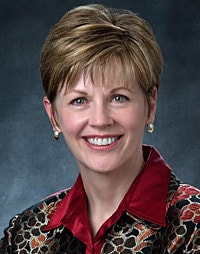Communicating Health Information with Older Adults
A Clinician’s Handbook
Older adults may need specialized medical services and health information. Health care professionals should be able to communicate valuable health information that older adults can understand and benefit from.
The National Institute on Aging at NIH published Talking With Your Older Patient, A Clinician’s Handbook. This handbook offers guidance for communicating with older adults in a way that promotes respect, understanding, and treatment adherence. Get this resource and more information by visiting the “Older Adults” section of the CDC Health Literacywebsite.
Also, check out the Clear Communication Index! A research-based tool that helps you develop and assess communication materials for your intended audience.

Older Adults
- Getting Started
- Importance of Health Literacy
- How Older Adults Make Health Decisions
- Challenges
- Developing Material to Match Health Literacy Skills
- Use of Online Health Information
- Understanding & Use of Health Information
- Evaluating Materials
- Simple Steps to Check Your Work
- Tips for Caregivers
CDC offers many resources to help you understand audiences. Here are some profiles of different audiences you may communicate with.
Are You Communicating Effectively with Older Adults?
Do you want to communicate health messages to an older adult audience? Whether you’re developing print or online information, broadcast media or delivering a health presentation, this web site is for you. This section will provide tools and resources to help public health professionals improve their communication with older adults by focusing on health literacy issues. These resources are for all professionals and organizations that interact and communicate with older adults about health issues. These organizations include public health departments, healthcare providers and facilities, government agencies, non-profit/community advocacy organizations, the media, and health-related industries.
Are you ready?
- Read CDC’s report on older adults and health literacy issues[2.4 MB, 56 pages]
- Begin with a self-assessment
Podcasts

In this podcast, Dr. Lynda Anderson, former Director of CDC’s Healthy Aging Program discusses the importance of addressing health literacy issues for older adults. Podcast Transcript is available.





















.png)












No hay comentarios:
Publicar un comentario